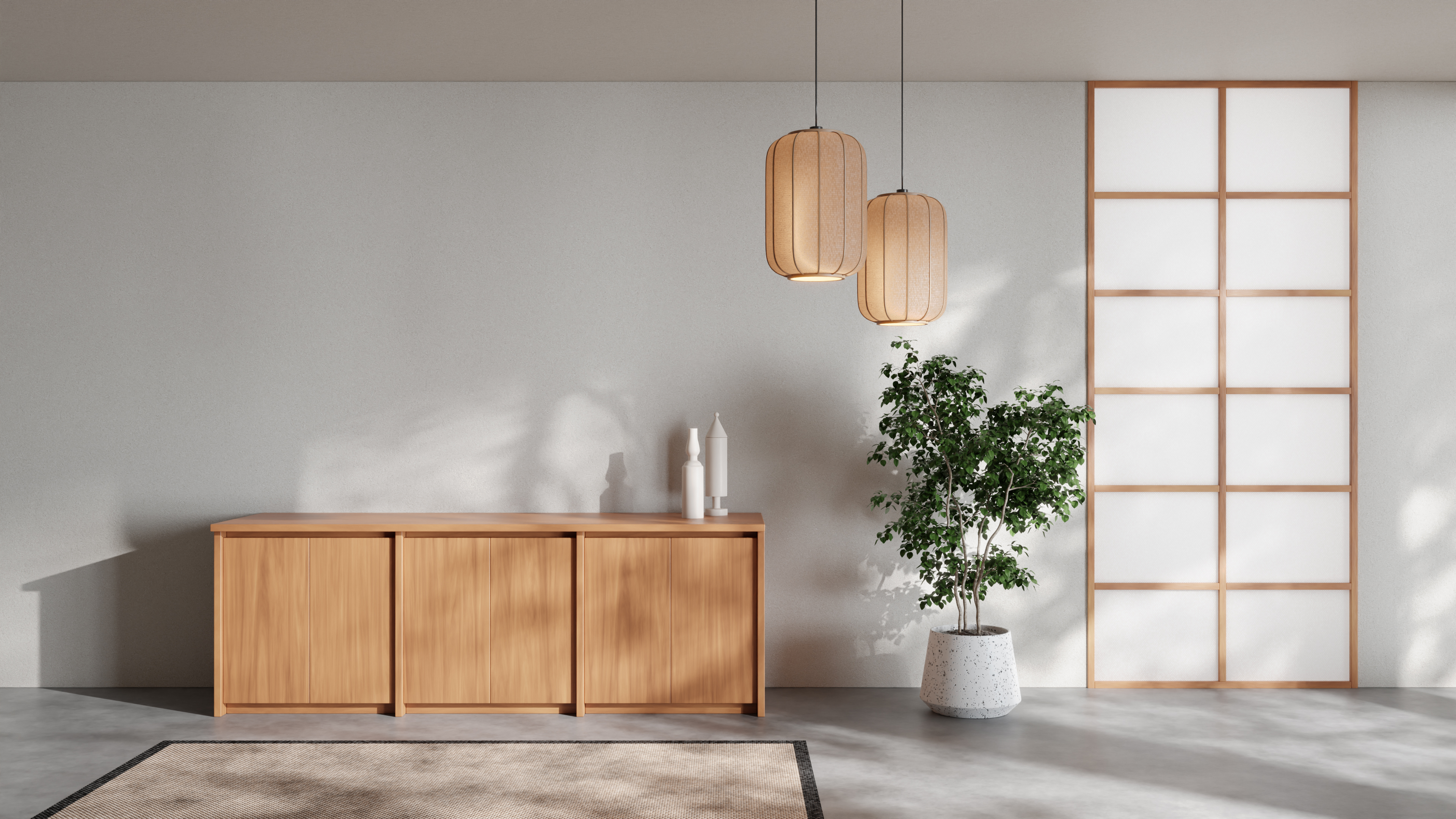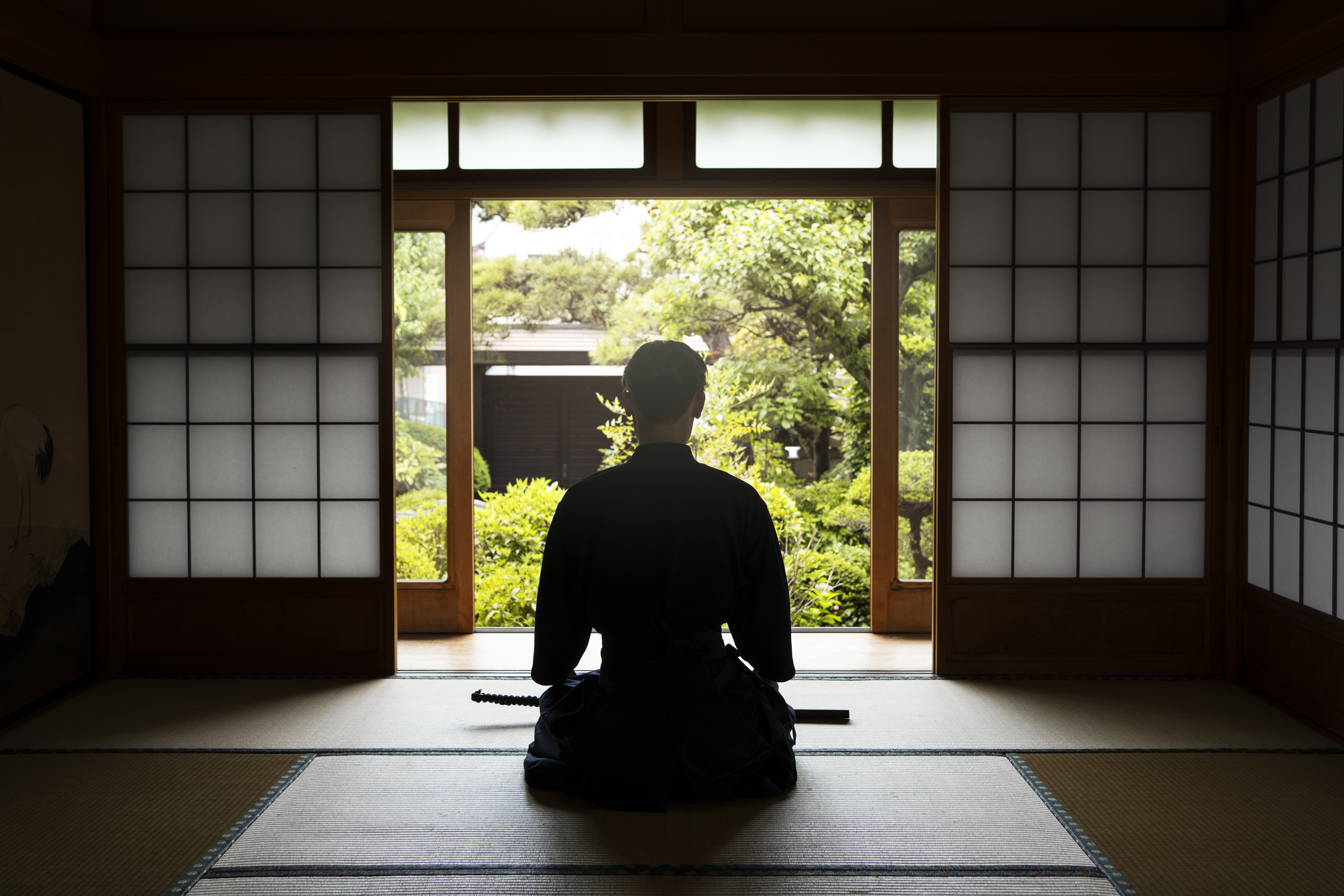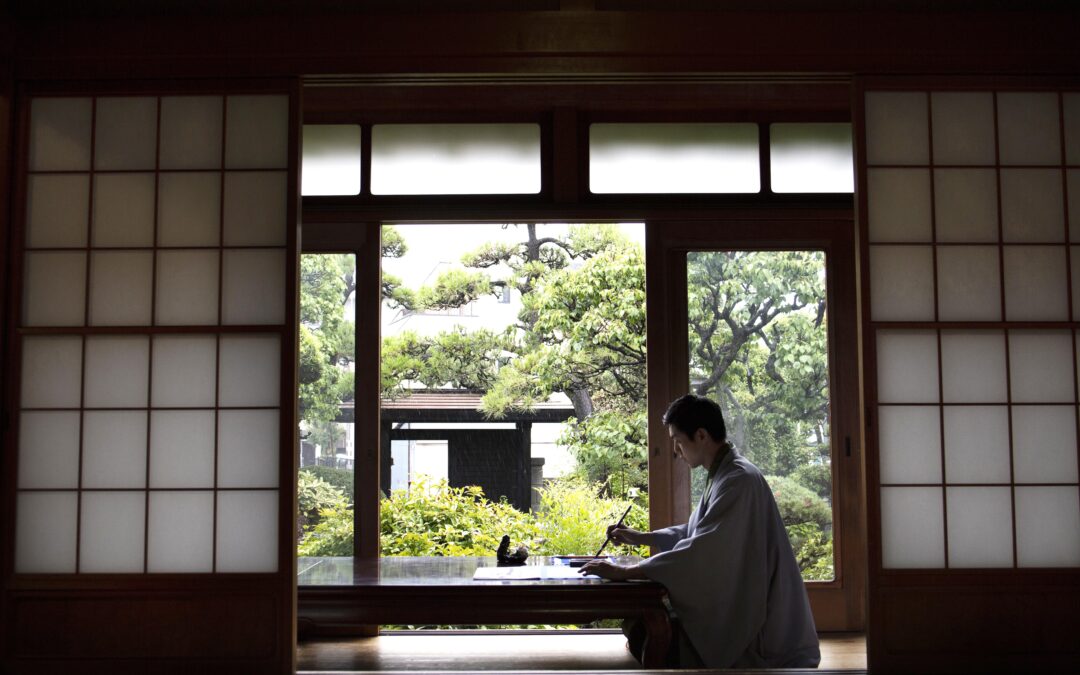When we think of Japan, visions of serene landscapes, delicate cherry blossoms, and the fusion of ancient tradition with cutting-edge technology often come to mind. However, woven into the very fabric of Japanese culture is a profound yet simple philosophy that extends beyond aesthetics—a way of life known as Japanese minimalism.
For the uninitiated, Japanese minimalism may evoke images of clean lines and unadorned spaces. But to those who have embraced it, it’s a guiding principle towards intentional living, conscious decision-making, and attaining a sense of tranquillity amidst life’s cacophony. Now, we’re taking a deep dive into the core principles of Japanese minimalism and how they can transform not just your living space, but your entire approach to life.
What is Japanese Minimalism?
At its essence, Japanese minimalism is an art of living that advocates for simplicity, utility, and the elimination of the non-essential. It’s a belief system that values experience over material possessions and draws heavily from Japanese aesthetics, spiritualism, and historical context. The philosophy encourages the individual to ask profound questions about necessity, legacy, and the root of personal satisfaction.
Japanese minimalism is guided by five core principles, each offering a path to a more harmonious life. From ‘Ma,’ emphasising negative space, to ‘Kansha,’ living with intention and gratitude, these teachings help declutter your home, mind, and soul, refocusing on life’s essence.
1: Ma (間) – The Beauty of Negative Space

In Japanese, ‘Ma’ encompasses the idea of space, both physical and temporal. It’s a concept that might be challenging to grasp at first but is integral to Japanese aesthetics. Here, ‘Ma’ represents more than just an empty room; it celebrates the pause, the silence, and the anticipation found in the voids between objects or notes in music.
Japanese gardens, with their careful compositions of rocks, sand, and moss, reflect Ma through their stillness and restraint. In architecture, the Tokonoma, a recessed alcove found in traditional homes, holds a seasonal flower arrangement or an art piece, surrounded by space. Ma’s presence compels one to pause, to reflect, and to find calm in the absence of content.
To incorporate Ma into your life, start by decluttering spaces to allow room to breathe. Rather than filling every inch of your home with decor, choose pieces that represent you and give them the space to be appreciated. In conversation and daily practice, allow for pauses and silence. It might feel uncomfortable initially, but over time, you’ll discover the significance of these moments in fostering connection and understanding.
2: Shibui (渋い) – Finding Elegance in Simplicity
Shibui is an aesthetic philosophy that encompasses the idea of understated beauty. It prizes a subdued, unobtrusive charm that is found in simplicity and unvarnished quality. A piece that embodies Shibui may not catch the eye immediately, but its beauty lingers, compelling the observer to take a second look and appreciate the craftsmanship.
Think of a traditional Japanese tea set—simple, yet the amalgamation of shapes and textures evokes a sense of peace and contentment. Shibui asks us to appreciate things not just for their presentation, but for their intrinsic value and functionality. It bids us to pay homage to the irregularities and textures that add depth and character to the simplest of things.
To imbue your life with Shibui, select quality over quantity. Opt for items that serve a clear purpose. Choose clothing that is well-tailored, timeless and of good quality. In the home, limit the use of ornate decorations and cultivate a peaceful, uncluttered environment. Shift your focus from the trends of rapid consumerism towards curated pieces that bring lasting joy and utility.
3: Wabi-Sabi (侘寂) – The Art of Imperfection
Wabi-Sabi is a worldview centred on the acceptance of transience and imperfection. It finds beauty in the worn, the withered, and the weathered. This principle champions authenticity, inviting us to appreciate life’s impermanence and celebrate the flawed or the unconventional.
A weather-beaten fence, a handmade ceramic with visible imperfections, or an old, cracked teacup tells a story of life’s endurance and the elegance of aging. Wabi-Sabi calls us to recognise that perfection is static and that transient nature brings vitality. It encourages us to seek out these one-of-a-kind items and experiences that resonate with the core of human existence.
Incorporating Wabi-Sabi into your life involves much more than a mere appreciation of distressed furniture. It’s about cultivating a state of mind that finds joy in the simplest things and acknowledges the beauty of the natural cycle. Learn a craft, such as pottery, and appreciate the process and results, imperfections and all. Invest in quality, time-honoured goods that will age with grace and tell their stories in your life.
4: Zen (禅) – The Power of Mindfulness

The principle of Zen is at the heart of Japanese minimalism. Zen Buddhism teaches that simplicity is the path to enlightenment. It encourages dwelling fully in the present moment, free from attachment and desire. Zen is about understanding the nature of existence and the power of a clear, uncluttered mind.
Zen meditation, or Zazen, is a practice of sitting in silent contemplation, observing the breath, and the mind. It’s often performed during tea ceremonies, blending action and contemplation. This principle invites us to approach all aspects of life with attention and intention, from the tasks that we perform to the relationships we cultivate.
Begin a daily practice of meditation, even if it’s just for a few minutes a day. When engaging in an activity, concentrate fully on it, be it washing the dishes or walking in the park. This depth of focus brings clarity and appreciation for the moment. Simplify your routine, your thoughts, and your life to eliminate mental clutter and bring peace to your inner world.
5: Kansha (感謝) – Gratitude and Intention
At the heart of Japanese minimalism is Kansha, or the art of appreciation. It is about recognising the value and importance of all the elements of our lives, both the positive and the seemingly negative. Kansha prompts us to live each day with a sense of gratitude and intention, valuing what we have and the people with whom we share our lives.
One does not have to possess a vast array of material goods to live with Kansha. Instead, it’s an attitude that can be adopted towards life’s experiences, the natural world, and towards oneself. By acknowledging and appreciating the simplest of pleasures, we can find contentment in the every day and understand the richness of a life well-lived.
Take a moment each day to write down three things you are thankful for. Whether it’s a good cup of coffee in the morning, a comfortable place to rest, or the support of a friend, acknowledging these aspects of your life fosters a sense of abundance. Through practising gratitude, we strip away the desire for excessive possessions and are left with a profound appreciation for the bounty that surrounds us.
The Harmonious Path of Minimalism
Japanese minimalism isn’t just about decluttering your space; it’s about attaining a state of harmony and conscious living. By applying these principles, you can create an environment that resonates with your soul and, in doing so, elevate your quality of life.
Engaging with Japanese minimalism challenges us to redefine our relationship with the material world, to live with more presence, more appreciation, and less unnecessary noise. It’s a practice that continually shapes and reshapes our perceptions, leading us to deeper fulfilment.
The principles of Japanese minimalism can serve as a compass, guiding you towards a life imbued with purpose and tranquillity. Delve into these concepts, explore their nuances, and allow the wisdom of the East to coalesce with your personal philosophy, fostering a richer, more intentional way of living.
Whether it’s through the intentional use of space, the pursuit of simplicity and elegance, or the understanding of imperfection, each principle of Japanese minimalism offers a point of reflection and growth. Begin your minimalist odyssey, and discover the restful, soul-enriching power of living in tune with these timeless principles.

